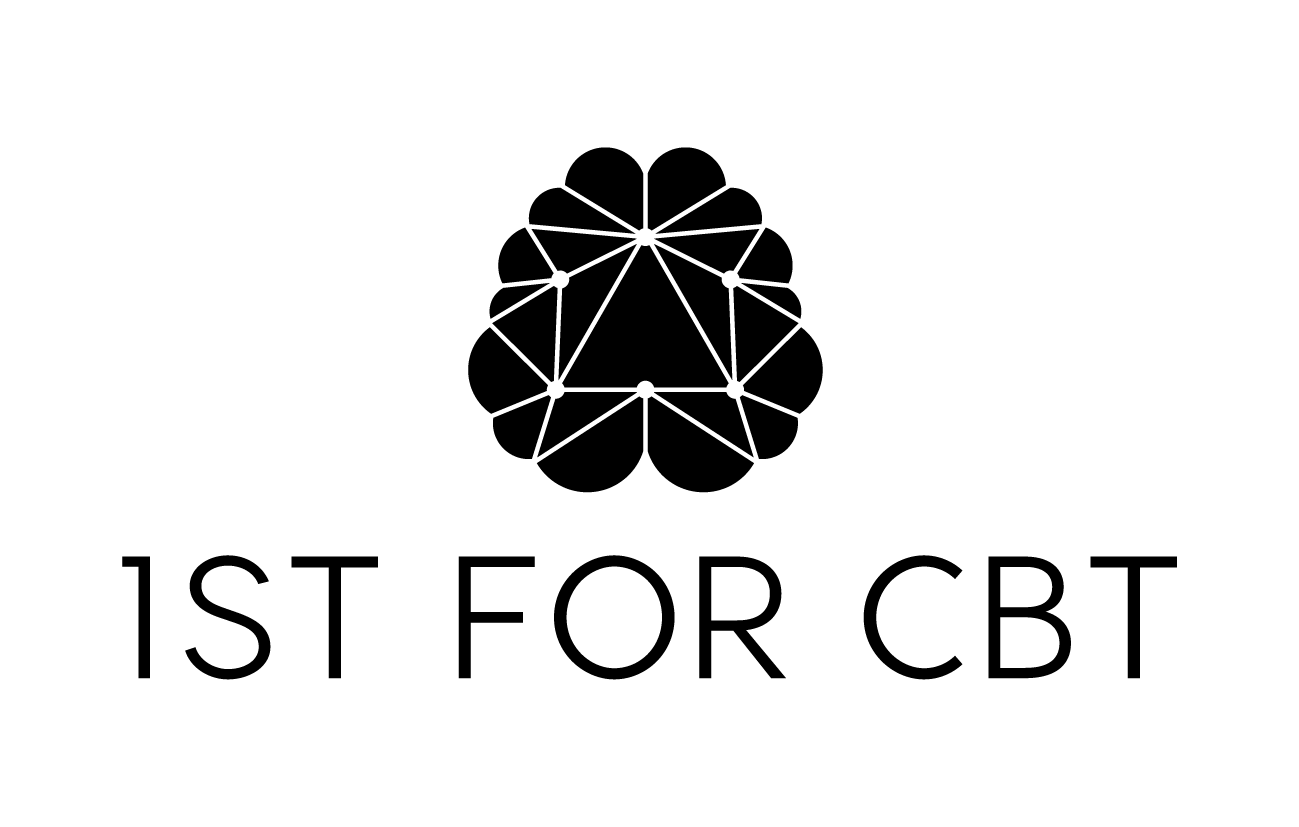CBT is often described as having a ‘here and now’ focus rather than other therapies which might place more emphasis on early experiences. CBT seeks to understand what might be causing and maintaining a problem.
A CBT therapist supports individuals to develop strategies to manage their thoughts, feelings and behaviours. During a CBT session, the therapist might focus on:
Identifying Negative Automatic Thoughts (NAT).
Examining our belief systems.
Identifying unhelpful behaviours e.g. Avoidance, which although may be helpful in the short term, does not usually solve a problem and can have an impact in the long run on our mental wellbeing.
Alternative ways of thinking and the way we react to certain events, which might be more helpful for managing a given situation.
The underlying principle of CBT is that by addressing unhelpful thinking patterns and behaviours, people can change how they feel, how they view themselves, and how they interact with others.




